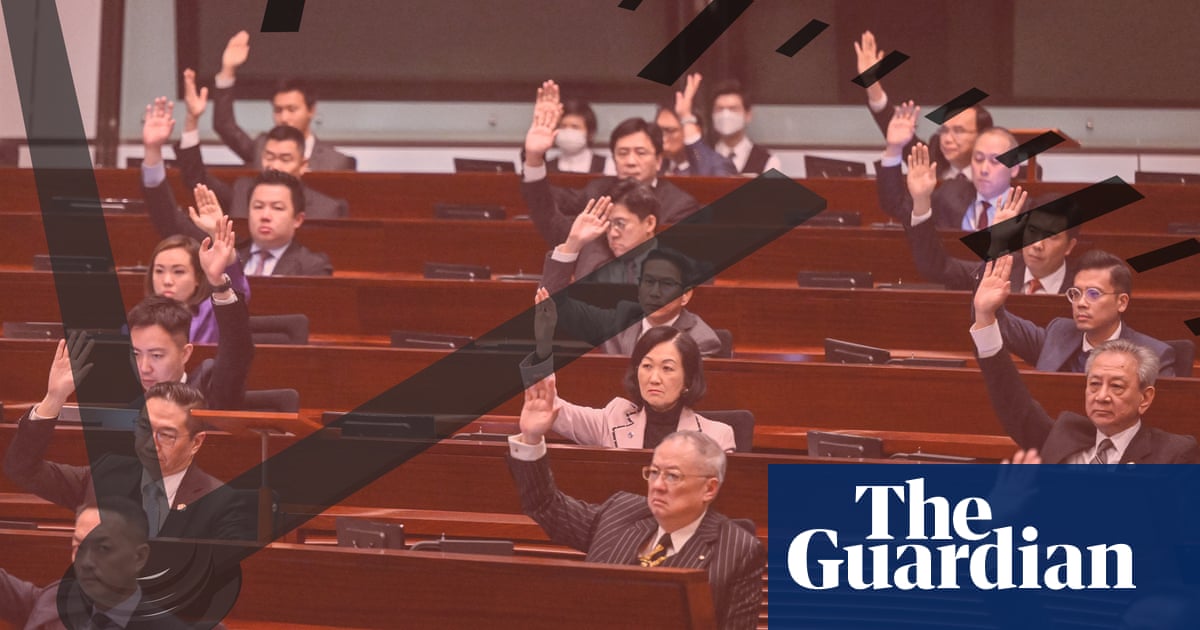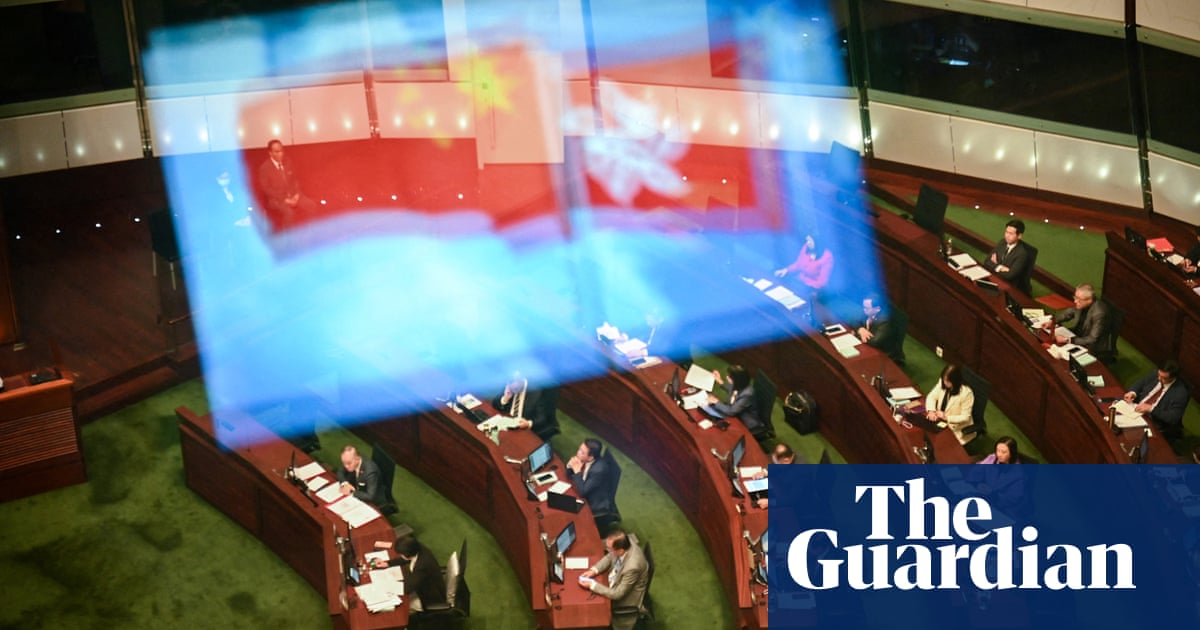
On 19 March 2024, the Hong Kong government passed the Safeguarding National Security law, also known as Article 23, after a rushed public consultation and legislative review process.
It covers five types of crimes: treason, insurrection and incitement to mutiny, theft of state secrets and espionage, sabotage, and external interference. Penalties for some crimes have been increased, and there is a greater emphasis on crimes by or involving foreign parties.
The law was passed unanimously by the city’s parliament. A years-long crackdown on the pro-democracy movement and overhauls of the legal and electoral systems have ensured the parliamentary body is largely free of opposition.
Article 23 of Hong Kong’s constitution, which came into force after the 1997 handover of the territory from British to Chinese rule, obliges the government to enact domestic national security legislation. But an attempt in 2003 to enact it failed after mass public protests.
In 2020, the central government of China imposed a separate national security law on Hong Kong, citing the city’s delay in acting on Article 23. That law was quickly used to further crush dissent and target figures of the pro-democracy movement. It will remain in Hong Kong law, taking precedence over the new one when there is crossover.
Article 23 has been widely criticised by rights groups and some foreign governments, which said it was ushering in a “new era of authoritarianism” and would make Hong Kong dangerous and difficult for foreign businesses and workers to operate in.
The Hong Kong chief executive, John Lee, dismissed the criticism, saying the new law was “needed to guard against people who invade our home”..












